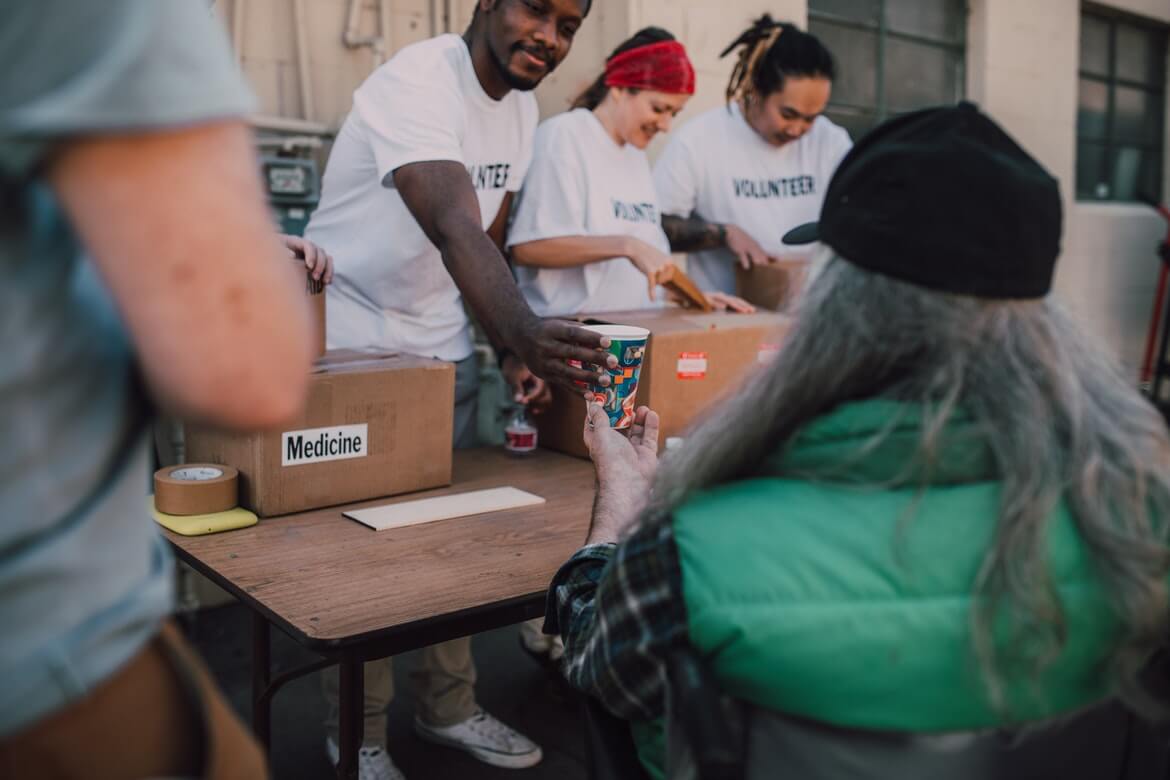It is no secret that the coronavirus (COVID-19) pandemic has exposed the weaknesses of policies, systems and governments globally.
There are Nigerians in almost every country on earth, with big communities in the United States, United Kingdom, United Arab Emirates, South Africa, Italy, Canada, China and many other countries. The Nigerian diaspora continues to grow rapidly. Due to their achievements in various disciplines, the remittance into Nigeria continues to be one of the highest in Africa.
Their role and importance to their country of origin cannot be ignored in areas of human development, democracy, peacebuilding, and economic development. The PWC Strength from Abroad 2019 report reveals that, Nigerian “…migrant remittances translate to 83% of the Federal Government budget” and it continues to grow.
The COVID-19 pandemic has sent waves of fear and uncertainty across all ages, backgrounds, nations, businesses, and systems. To the keen observer, it’s evident that COVID-19 is more than the health crisis it is flagged to be.
The ripple impact of COVID-19 has stung economies, healthcare systems, the livelihood of millions across the globe. It also threatens disruption of democratic systems in countries with nascent democracies where the pandemic and fears have disrupted elections during this period of lockdown, ushering in the increased likelihood of violence and political instability.
The pandemic has brought out the best and worst of Nigeria and Nigerians. We have seen decisive leadership in some states as well as questionable actions in some others, including tactless policies, recklessness and obtuse remarks made. Many have also been inspired by the courage and sacrifices of our heroic healthcare workers. However, there were also those who capitalised on the lockdown to rob their fellow countrymen.
As the lockdown starts to ease globally, and as Nigeria begins her long journey to ‘normalcy’, the true impact of this pandemic will gradually become clearer. The adverse impact on the economy will be felt by Nigerian families and will be worse still for the vulnerable ones long after the lockdowns and curfews are lifted.
The pinch will be felt, and the pinch will be real. Governments will be left with no choice but to explore creative ways of increasing revenue. For example, Sadiq Khan, the London Mayor, recently increased the congestion charge to drive into London to£15 (N8,250 – abokiFX). Nigeria, like every country, would have to explore options to set the economy on course. The government’s handling of the pandemic is a discourse for another time.
While the role of Nigerians in the diaspora cannot be overemphasised, there have been sentiments (read about the brain drain syndrome) that their migration suddenly strips them of their ‘Nigerian-ness’, thereby declaring them unfit, so to speak.
I believe Nigerians abroad hold very patriotic ties to the motherland and we have a significant role to play in nation-building.
The Nigerians abroad pump into the economy over $25 billion year in, year out. This continues to grow and over the next few years is projected to be well beyond $34 billion (N13,209,000,000,000.00 – abokiFX).
Beyond the funds, the role of diaspora in shaping the world view of Nigeria cannot be overstated. One of Nigeria’s best exports to the world is the skill contribution on many fronts. Take Jelani Aliyu (Designed Chevrolet volt, electric car), Dr. Achelefu(designer of the cancer-seeing glasses) Kamaru Usman (UFC champion), Chimamanda Ngozi Adiche (famed awardwinningwriter), John Boyega (mega film-star), Emmanuel Ohuabunwa (at 22 became first black person to graduate top of his class at John Hopkins and topped result that year) and Anthony Oluwafemi Joshua (two-time unified heavyweight champion) to name a few.
The diaspora youth must recognize their integral role in nation-building as ambassadors in shaping Nigeria’s global PR.
Coronavirus has shaken things up globally, and as the dust settles, it is imperative that Nigerians wherever they may be should come out of this current global experience with an energised passion and a single-minded focus to rebuild our nation.
In closing, those of us lucky enough to have survived this pandemic that has claimed the lives of many should walk away with a heightened sense of purpose. This purpose must be rooted in pride and respect for ourselves and our nation. Personally, I have recommitted myself to the following steps that I believe every Nigerian in the diaspora, irrespective of class or location can use as a means to contribute his or her quota in nation-building:
- Continue to be an exemplary ambassador of Nigeria and continue to add value wherever I find myself – some of us will be in the unique position of being the only Nigerian someone, somewhere will ever come across. What opinion of Nigeria will you leave them with?
- Continue to be proud of my roots and heritage. Another thing this pandemic has exposed is the shortcomings in the leadership of some of the most ‘developed’ countries. Nowhere is perfect. So, we can all proudly commit to furthering our motherland in our little way.
- Stay in close contact with the family. While money and help is important, we all need to love and be loved.
- Mentor someone.
- Be your brother’s keeper: help by supporting, in resources, information and in any way that meets another brother’s (or sister’s) needs.
- Support NGOs and organizations working to improve the health and welfare conditions of Nigerians.
- Invest. Invest. Invest. One of the quickest ways to secure our tomorrows and develop the country’s economy is being vigilant to opportunities opening up and making the most of them.
Thanks for taking a peep through this window into my mind. Until next time!
Nagode.
Peace,
Kako Johnson Mavalla







